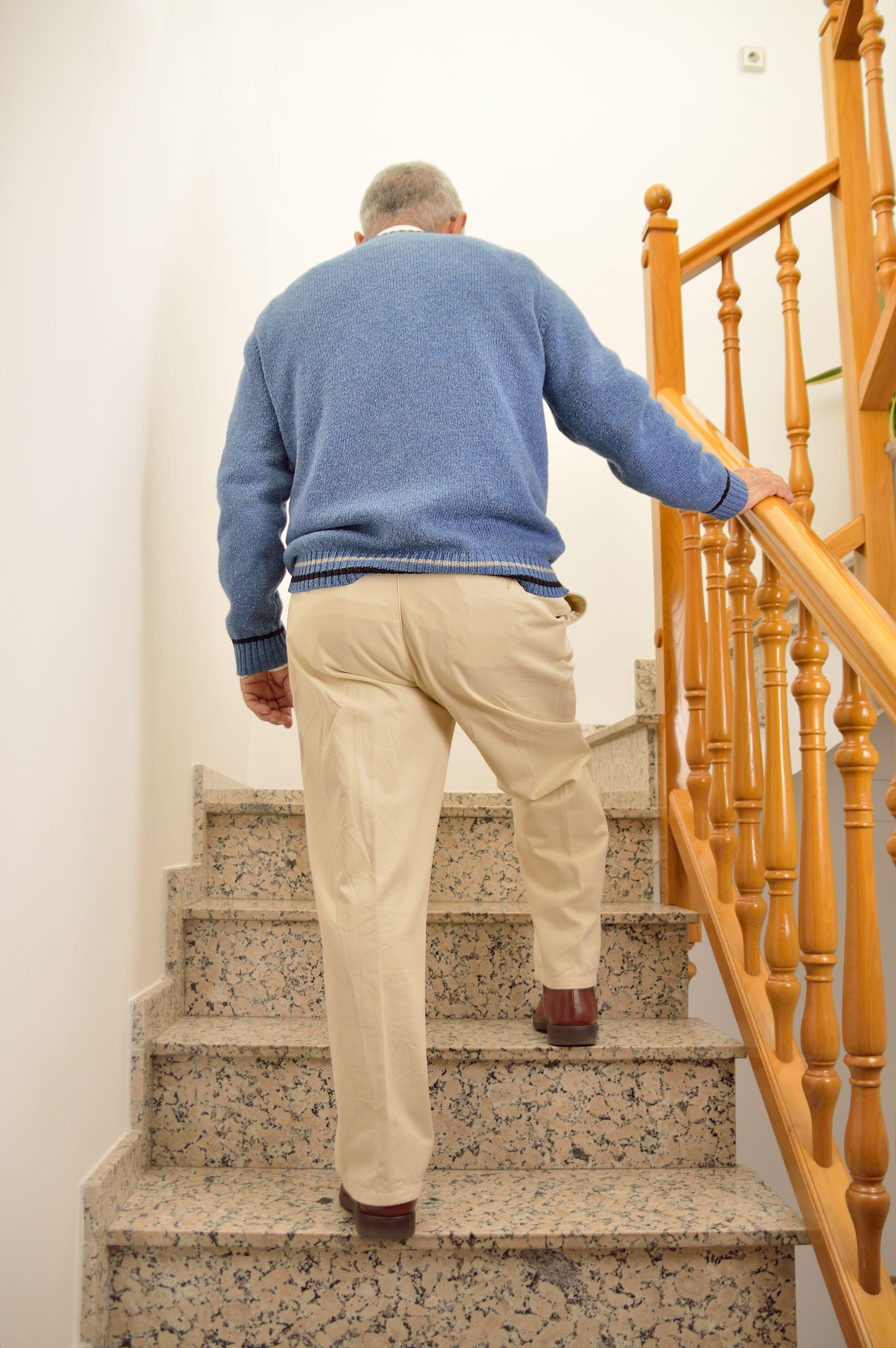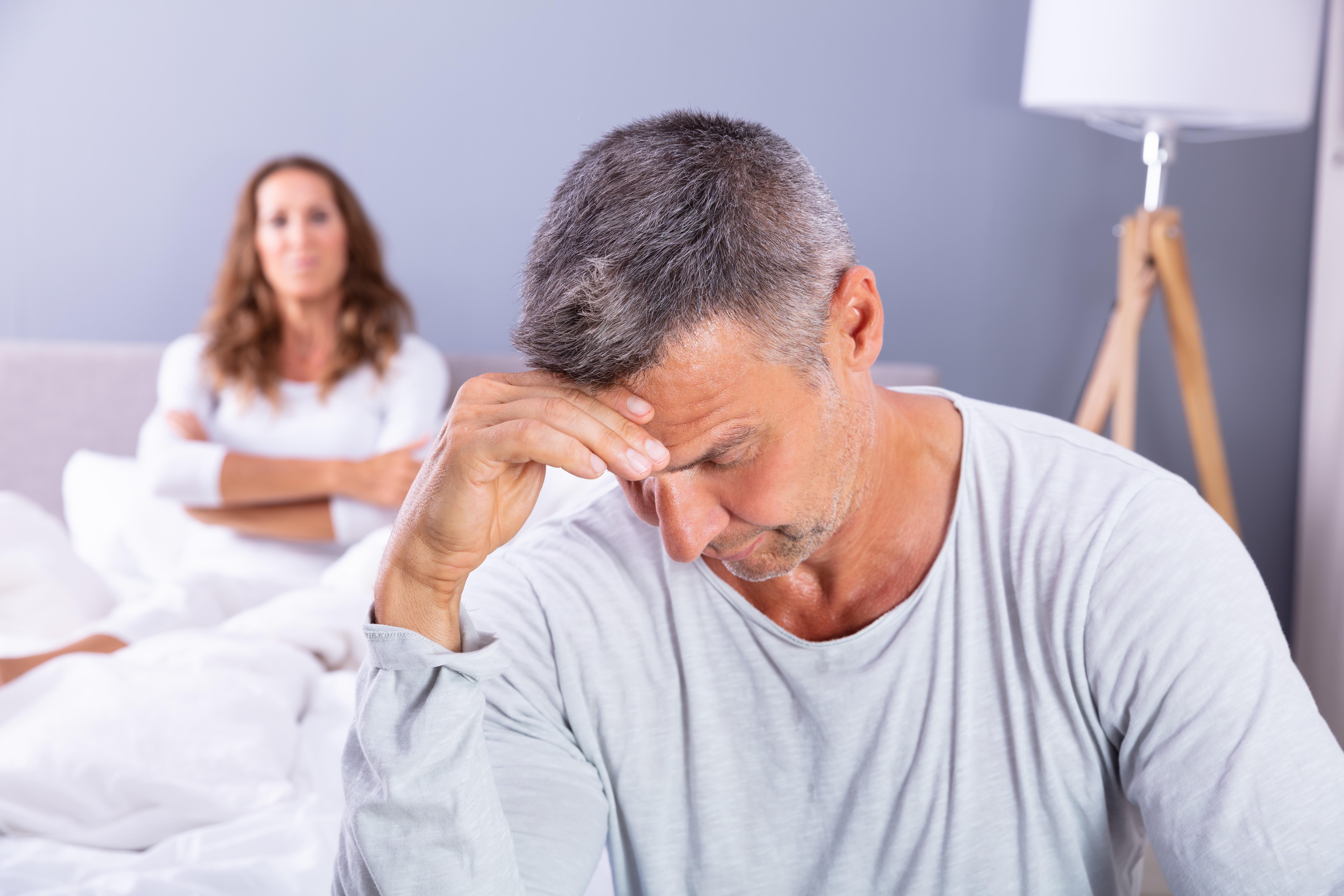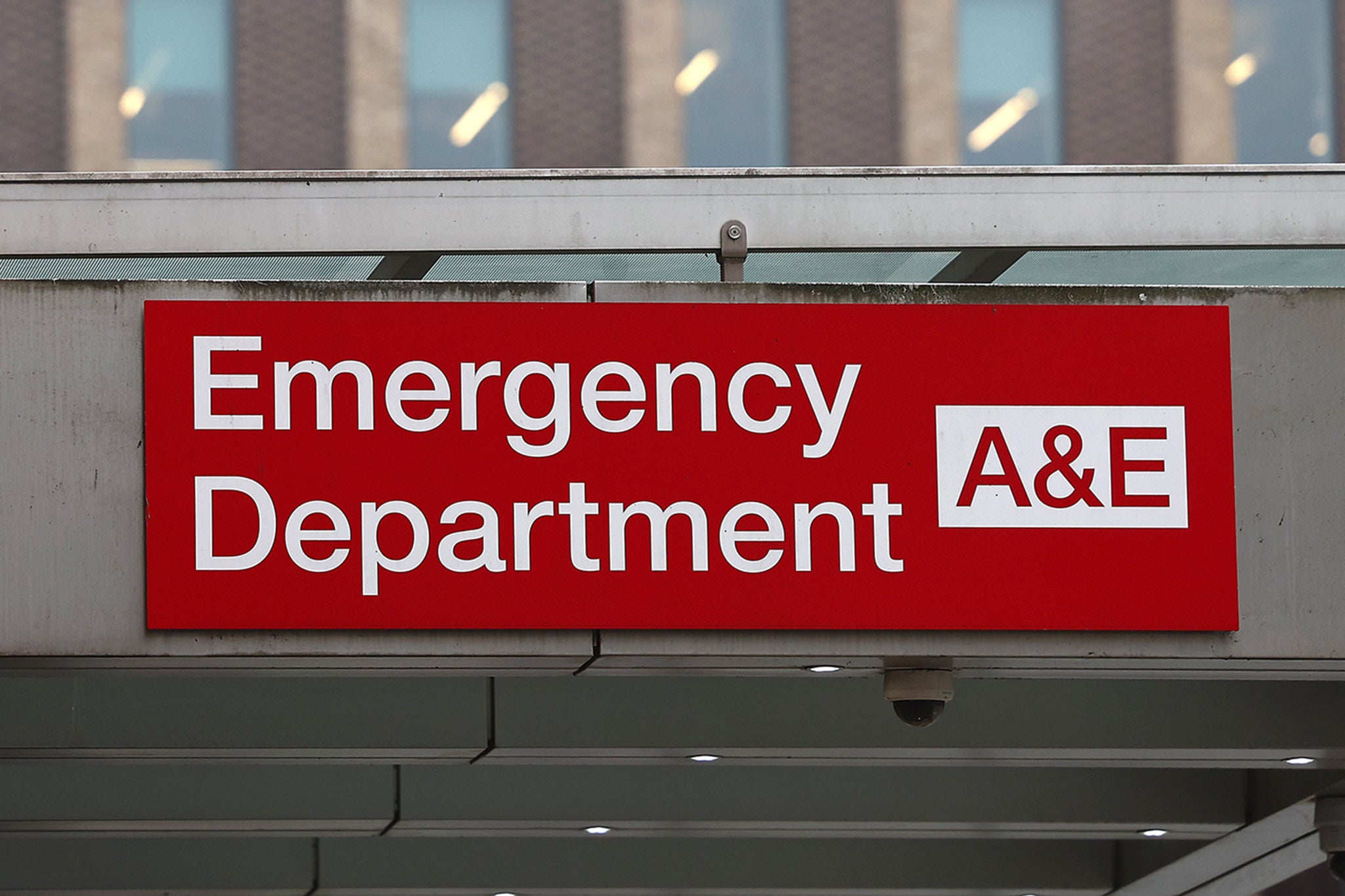Growing older comes with its challenges, and for many, seeking medical help for age-related issues often takes a backseat.
Research from men’s healthcare company Numan reveals that nearly two-fifths of men avoid going to the doctor due to appointment difficulties, while 31 per cent hesitate to seek help to avoid causing a fuss.
The NHS offers a Health Check every five years for those aged 40 to 74 without pre-existing conditions.
Regardless of age, it’s crucial to consult a GP promptly for issues like poor sleep, unexplained weight loss, loneliness, persistent pain, high stress, low energy, and a diminished interest in usual activities.
But there are many questions older men may have including about asking about aches, conditions that their father had that they could be diagnosed with, or struggling to get an erection.
Dr. Punam Krishan, a regular on BBC Morning Live, advises regular check-ins, especially after 40 or 50, noting men’s tendency to ignore or push through changes.
“Men are a bit more likely to just ignore things or try to push through changes, and that’s why we do encourage – especially after the age of 40, 50 – to have a regular check-in,” says Dr Punam Krishan, who makes regular appearances on BBC Morning Live and competed on last year’s Strictly Come Dancing.
According to Dr. Punam Krishan, there are also questions you should specifically ask your GP when you are in your 60s:
‘Is this just natural ageing? Or is something else going on?’

“Once we reach our 60s, the most important thing to do is not dismiss the changes in our bodies as just getting older,” says Krishan, a health expert for Stannah.
“One of the biggest things I encourage people to talk to their GP about is mobility. Are you finding stairs harder? Are you walking more slowly? Are you in pain? Are you needing to steady yourself on furniture around the house?
“Maybe you’re avoiding carrying laundry. Are you being a bit more careful when the weather is bad? These might seem like small, insignificant things, but actually, often they’re early signs your body’s having to work harder.”
There may even be a simple fix that could save you a lot of stress. “Prevention is better than cure. There’s a lot we can do to improve strength, balance and your confidence, especially if we can catch things earlier,” says Krishan.
“It might be that we need to refer you to physio, or think about supportive aids or occupational therapy. Sometimes it might be adapting things around the house.”
‘I keep forgetting things – is it dementia?’
We all misplace our keys sometimes, or forget why we walked into a room, but if you are concerned that you’re becoming increasingly forgetful, or if loved ones have mentioned it, speak to your GP. “Memory issues are always worth bringing up,” says Krishan.
‘My dad had X, Y and Z at my age – should I be concerned?’
Family history can help flag your risk of diabetes and some cancers.
“If you saw your parents struggle with certain things in their 60s or 70s, it’s worth being proactive and talking to your doctor about how to stay ahead of those changes,” encourages Krishan.
‘I’m peeing more in the night/struggling to pee – should I be worried?’
“One of the most common issues I see in men is urinary symptoms, so getting up during the night, a slower stream, or needing to go more often.
“These can be a sign of prostate enlargement, which is a very normal manifestation for men as they get older,” says Krishan. “Once we’ve diagnosed them, they’re actually very easy to treat.”
These symptoms can also be related to prostate cancer, so should always be checked out.
‘I can’t seem to get or keep an erection – what’s going on?’

“Men really feel embarrassed about coming forward and speaking about erectile dysfunction, but it can have a huge impact on your relationships, your self-confidence, the way you show up in the world, and can actually be a trigger for anxiety and depression as well,” says Krishan.
There are treatment options for ED, from medication to devices that may help. She adds: “As men get older, problems down below are very common.”
Some questions you can direct at your pharmacist first
“Heart health is an important area for men, so asking to have your blood pressure checked as a one-off would be great. You can ask your pharmacist,” says Krishan. “All those kind of ‘well man’ things, like getting your height, weight and blood pressure measured, to look at your BMI and see, ‘Is it high?’ can be done at the pharmacist.”
She says we often forget how important our eyes are too. “Make sure you get your sight tested annually, because vision can be affected [by certain conditions],” explains Krishan.
“Cataracts are something that happens to us as we get older, but your optician’s brilliant. People tend to think opticians are just for a vision check, but that’s not the case. They can look for things like if there’s any blood pressure-related changes.
“High blood pressure is a silent killer, and it can show up with changes at the back of the eye, which often opticians will pick up and say, ‘Oh, I think you need to go to your doctor and get that looked at.’ And it could be the early signs of cardiovascular disease, or even early signs of diabetes. Opticians are brilliant at picking those up.”
Remember, you are not a burden
Trying to secure a GP appointment during the 8am scrum can feel impossible sometimes, and other times you may put off calling because you’re worried about putting your GP under unnecessary pressure – but don’t. “You are absolutely not a burden,” says Krishan, noting that systemic pressures on the NHS shouldn’t “impact the individual care that you need and deserve”.
She says: “The pressure on doctors is real, but if you are worried about a health problem, we want to see you. We want to be able to get to you, because actually, getting to you earlier means there’s fewer complications later down the line, which is beneficial for both the patient and your healthcare workers.”
And don’t be embarrassed
“There’s nothing ever to be embarrassed about,” says Krishan. “Older generations especially worry about fear, embarrassment, shame, burdening the doctor and I would say, that is not an issue for us at all. There’s nothing we’ve never seen or heard before. Our job is there to help you feel better. So don’t put off that call if something’s niggling you.”
Sometimes you should go straight to A&E

While it’s not exactly a forum for general health questions, A&E is always open and there for acute things, be it sudden onset chest pain, then that’s straight to the hospital.
“If you feel like you’ve got any problems with facial drooping, weakness in any part of your body, if you’ve got speech problems, anything like that, then it’s urgent, go to A&E,” says Krishan.
“If you think, ’This cannot wait and I am feeling very unwell,’ take that as a serious sign and call NHS 111 or 999.”


